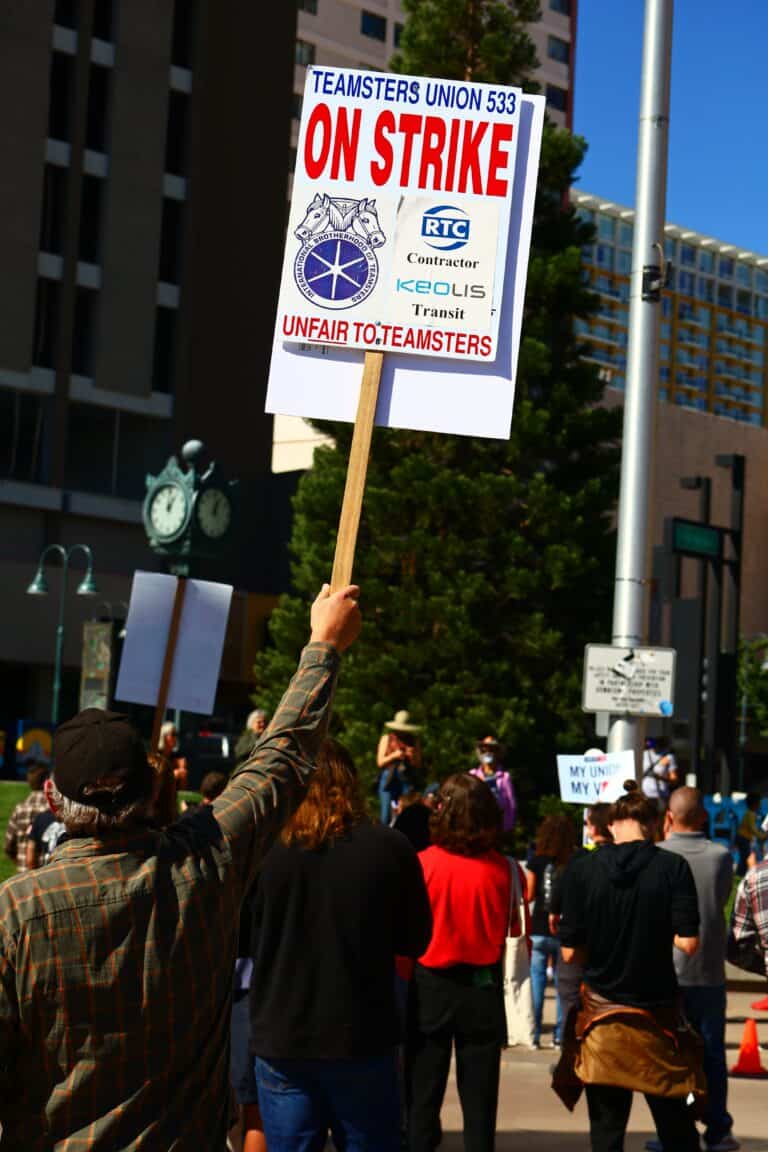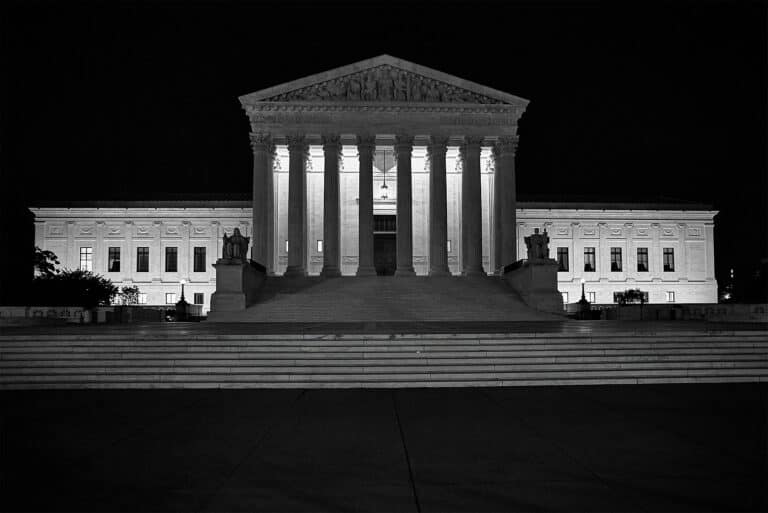
Benjamin Sachs is the Kestnbaum Professor of Labor and Industry at Harvard Law School and a leading expert in the field of labor law and labor relations. He is also faculty director of the Center for Labor and a Just Economy. Professor Sachs teaches courses in labor law, employment law, and law and social change, and his writing focuses on union organizing and unions in American politics. Prior to joining the Harvard faculty in 2008, Professor Sachs was the Joseph Goldstein Fellow at Yale Law School. From 2002-2006, he served as Assistant General Counsel of the Service Employees International Union (SEIU) in Washington, D.C. Professor Sachs graduated from Yale Law School in 1998, and served as a judicial law clerk to the Honorable Stephen Reinhardt of the United States Court of Appeals for the Ninth Circuit. His writing has appeared in the Harvard Law Review, the Yale Law Journal, the Columbia Law Review, the New York Times and elsewhere. Professor Sachs received the Yale Law School teaching award in 2007 and in 2013 received the Sacks-Freund Award for Teaching Excellence at Harvard Law School. He can be reached at [email protected].
In the grim aftermath of Janus v. AFSCME, discussion has focused on what the decision portends for agency fee agreements in the private sector. Given the cloud of doom that has descended on many of us, it’s not surprising that pessimism abounds. There is thus speculation that Janus will soon be exported to the private sector and that agency fees in this other half of the labor market will also held unconstitutional. The National Right to Work Committee, in fact, appears to be pursuing this as a litigation goal.
But, as terrible a decision as Janus is, I think this particular form of pessimistic forecasting is wrong. And it’s wrong for a very specific reason. In Janus, the Court majority had to explain why – in its view – Abood was incorrectly decided. One reason the Court gave for the incorrectness of Abood was Abood‘s reliance on the earlier Railway Labor Act cases of Hanson and Street. That pair of cases arose in the private sector and so, explains Justice Alito for the Janus Court, they really didn’t have anything to do with the First Amendment. Since Abood was a First Amendment case, it was a mistake for Abood to rely on Hanson and Street.
Here’s how the Janus Court’s analysis goes. First:
Abood went wrong at the start when it concluded that two prior decisions, Railway Employes v. Hanson and Machinists v. Street “appear[ed] to require validation of the agency- shop agreement before [the Court].” Properly understood, those decisions did no such thing. Both cases involved Congress’s “bare authorization” of private-sector union shops under the Railway Labor Act (emphasis added).24
Footnote 24 then clarifies exactly why the Janus Court thinks that a “bare authorization” by Congress of private-sector agency shop agreements doesn’t present a First Amendment question, of the sort that was at issue in Abood (and Janus):
No First Amendment issue could have properly arisen in [Hanson and Street] unless Congress’s enactment of a provision allowing, but not requiring, private parties to enter into union-shop arrangements was sufficient to establish governmental action. That proposition was debatable when Abood was decided, and is even more questionable today. See American Mfrs. Mut. Ins. Co. v. Sullivan, 526 U. S. 40, 53 (1999); Jackson v. Metropolitan Edison Co., 419 U. S. 345, 357 (1974). Compare, e.g., White v. Communications Workers of Am., AFL–CIO, Local 13000, 370 F. 3d 346, 350 (CA3 2004) (no state action), and Kolinske v. Lubbers, 712 F. 2d 471, 477–478 (CADC 1983) (same), with Beck v. Communications Workers of Am., 776 F. 2d 1187, 1207 (CA4 1985) (state action), and Linscott v. Millers Falls Co., 440 F. 2d 14, 16, and n. 2 (CA1 1971) (same). We reserved decision on this question in Communications Workers v. Beck, 487 U. S. 735, 761 (1988), and do not resolve it here.
So, although the Janus Court doesn’t formally resolve the state action question, the message from Justice Alito (who, as we know from Knox, means what he says when he sends messages like this) is that there is no state action in the private-sector agency fee context.
To put a fine point on it, Alito’s description of the RLA applies to the NLRA: both are Congressional enactments “allowing, but not requiring, private parties to enter into union-shop arrangements.” Thus, the Janus Court’s statement about state action in the RLA context applies to the NLRA context: the proposition that such an enactment is “sufficient to establish governmental action” was “debatable when Abood was decided” and is “even more debatable today.”
The Supreme Court has shown a willingness to reverse course on long-standing precedent, and the Court is about to get a new Justice. But this piece of Janus is a pretty good indication that the Court is not in fact heading in the direction of invalidating private-sector agency fees on Constitutional grounds.
Something to be happy about this Fourth of July.










Daily News & Commentary
Start your day with our roundup of the latest labor developments. See all
June 30
Antidiscrimination scholars question McDonnell Douglas, George Washington University Hospital bargained in bad faith, and NY regulators defend LPA dispensary law.
June 29
In today’s news and commentary, Trump v. CASA restricts nationwide injunctions, a preliminary injunction continues to stop DOL from shutting down Job Corps, and the minimum wage is set to rise in multiple cities and states. On Friday, the Supreme Court held in Trump v. CASA that universal injunctions “likely exceed the equitable authority that […]
June 27
Labor's role in Zohran Mamdani's victory; DHS funding amendment aims to expand guest worker programs; COSELL submission deadline rapidly approaching
June 26
A district judge issues a preliminary injunction blocking agencies from implementing Trump’s executive order eliminating collective bargaining for federal workers; workers organize for the reinstatement of two doctors who were put on administrative leave after union activity; and Lamont vetoes unemployment benefits for striking workers.
June 25
Some circuits show less deference to NLRB; 3d Cir. affirms return to broader concerted activity definition; changes to federal workforce excluded from One Big Beautiful Bill.
June 24
In today’s news and commentary, the DOL proposes new wage and hour rules, Ford warns of EV battery manufacturing trouble, and California reaches an agreement to delay an in-person work mandate for state employees. The Trump Administration’s Department of Labor has advanced a series of proposals to update federal wage and hour rules. First, the […]